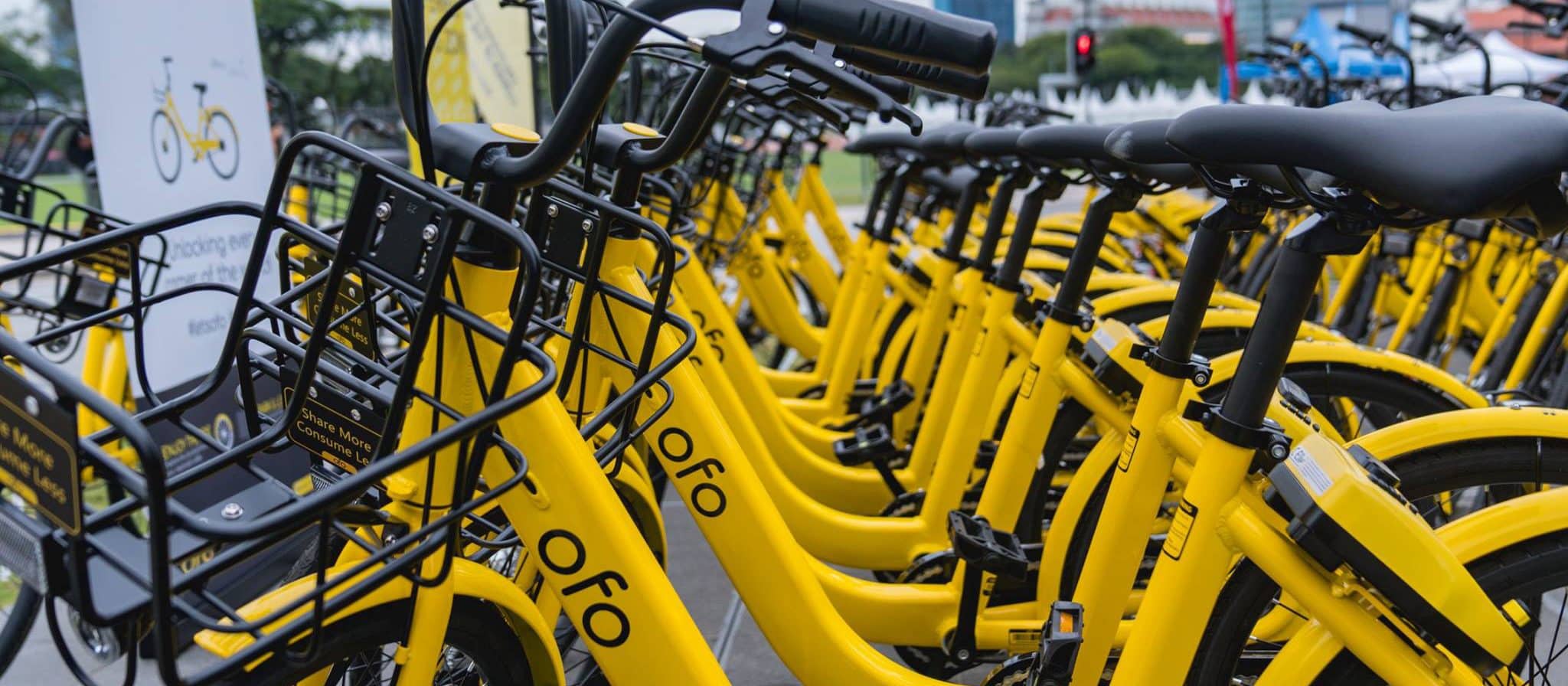In Parliament on Thursday (4 June), Workers’ Party chairman Sylvia Lim raised some questions on the Government’s decision to have NTUC administer the Self-Employed Person Income Relief Scheme (SIRS) and what that means for government accountability.
SIRS is an auto-inclusion scheme introduced by the Government in the Resilience Budget to support eligible self-employed persons tide through the current economic hardships by providing S$1,000 per month. However, Ms Lim said that while the scheme operates on an auto-inclusion basis, NTUC would be assisting the Government in administering appeals for those who were not included.
She mentioned that she had received equations from the ground about the purpose and fairness of the scheme. She noted a question that MP Dennis Tan asked during the Resilience Budget debate about what the annual value of the property one lives in has got to do with whether the person has suffered serious income disruption as a result of the COVID-19 pandemic.
“To illustrate, I have several residents who are disqualified from SIRS due to this criterion because they are living in their parents’ homes. Others are renting,” said Ms Lim.
She also stated that the SIRS auto-inclusion mechanic doesn’t require a self-employed person to show income loss which has “resulted in full SIRS payments being made to self-employed persons whose incomes are unaffected by COVID19″.
Going further, Ms Lim asserted that NTUC has partially allowed some appeals under SIRS for a reduced payment of S$800 per month instead of the full S$1,000 in some cases, adding that other appeals have been outright rejected.
“Suffice to that these disparate outcomes have caused frustration and feelings of arbitrariness and unfairness,” she remarked.
Ms Lim then asked, “How does NTUC decide? What are the criteria for allowing or rejecting appeals?”
She also questioned the administration of the scheme by NTUC. She asked, “SIRS involved public funds. To be exact, SIRS involves the use of past reserves. Who should be in charge of the scheme?”
Noting that NTUC has been fronting all communications and appeals for the scheme while MOM “is not visible”, Ms Lim further questioned, “From a governance perspective, why was there a need to outsource the administration of SIRS appeals to NTUC in the first place? Was this done due to a lack of manpower or other reasons?”
“Will this set a precedent for the Government to outsource its schemes to external parties to manage? What does this mean for government accountability?”
In response to Ms Lim’s questions, NTUC secretary-general Ng Chee Meng said that NTUC was asked by the Government to help, adding that organisation agreed because it cares and has the capability to help the Government extend assistance as quickly as possible to those who need it.
Though he conceded that NTUC could do better in certain areas, he stressed that this introspection will be done after more immediate issues have been dealt with.
He noted, “I think in time to come when we can settle the immediate issues that we have to deal with with COVID19 and the transformative things NTUC is embarking on, I will humbly say that yes we will look at areas where we can do better.”
Mr Ng also spoke on tripartism, describing it as a strength, and stressing that while the Government has “put up the S$100 billion budget”, business owners, NTUC, and workers have to collectively play a part as well in this fight against the pandemic.
He remarked, “Tripartism is a strength and we should ride on this strength to execute this strategy that I mentioned well and to the extent possible, remain adaptive and learn lessons along the way.”
Mr Ng went on to say that NTUC has been helping taxi drivers since January and February upon noticing that the income for this group of workers were “dropping like a rock” due to COVID-19 – almost 50 per cent.
“We set up a quick reaction, small group and put up S$77 million to help our drivers cope with the initial hit of COVID19,” he added.
However, despite all that, Mr Ng did not quite address Ms Lim’s question on the criteria NTUC follows for rejecting or allowing SIRS appeals; nor was there an answer as to why the administration of the scheme was outsourced to NTUC at all – whether it was due to a lack of manpower or something else.








